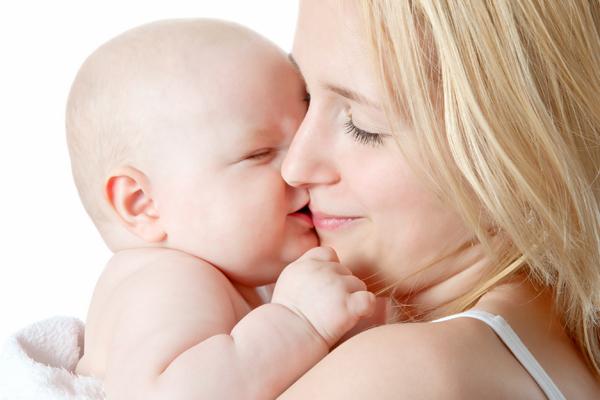Co-Sleeping with Baby Raises SIDS Risk

Babies who sleep in bed with a parent are more likely to die of sudden infant death syndrome compared with babies sleeping separately, even when parents follow other recommendations that lower the death risk, a new review of studies finds.
The increase in SIDS risk was greatest in the youngest infants. Among babies younger than 3 months old, those who slept with a parent were five times more likely to die of SIDS compared with infants who slept separately in the same room, even when researchers only considered babies who were breastfed, and whose mothers did not drink or smoke.
Among babies between 3 months and 1 year old, the risk increased by three times, according to the study.
"This is areally important study, because it does what no other study has done before," in that the researchers separated out each factor linked with increased SIDS risk, said Dr. Rachel Moon, a pediatrician at Children's National Medical Center in Washington D.C., and chair of the American Academy of Pediatrics task force on SIDS.
The study should send a message to parents who consider their babies at low risk for SIDS, Moon said. Parents who are highly educated, who breastfeed and put their babies to sleep on their backs (a major recommendation for lowering SIDS risk) may think the recommendation about not sleeping with the baby doesn't apply to them, she said.
"Even if you do everything right, bed-sharing increases a baby's risk," Moon said.
In the new review, researchers led by Robert Carpenter, a professor at the London School of Hygiene & Tropical Medicine, pulled data from five previous studies. They looked at nearly 1,500 cases of SIDS, and about 4,700 babies who didn't die but were matched to the SIDS cases.
Sign up for the Live Science daily newsletter now
Get the world’s most fascinating discoveries delivered straight to your inbox.
The increased risk of SIDS linked with bed-sharing rose even more sharply if the mother or her partner smoked, or if the mother had more than two alcoholic drinks in the previous 24 hours.
The researchers estimated that about 88 percent of SIDS deaths while bed-sharing would not have occurred if the baby had not been bed-sharing.
"It's become really uncommon to encounter a baby who dies of SIDS who wasn't bed-sharing," Moon said.
About 2,100 infants in the U.S. die yearly from SIDS. The American Academy of Pediatrics recommends:
- Placing babies on a firm mattress to sleep, and not using pillows or bumper pads in cribs.
- Staying current onall recommended immunizations.
- Making sure a baby does not get too warm while sleeping.
- Not smoking, drinking alcohol, or use drugs while pregnant, and avoiding exposing baby to secondhand smoke.
- Breastfeeding, if possible.
- Putting a baby to sleep with a pacifier (But if a baby rejects the pacifier, don't force it.)
- Putting babies to sleep in the same room, but not the same bed, as parents.
It's still not exactly clear what happens in SIDS. Moon said that researchers think in some cases, a baby's brain stem, which controls breathing, may not function correctly. If a baby with this risk factor is in an environment where there is not enough oxygen, they may die.
But it's not known what makes a baby vulnerable. Eventually, Moon said, researchers would like to have a test that looks at a baby's arousal capabilities, and reveals whether they may be at an increased risk of SIDS, but such a test is a long way off, she said.
The new study was published Monday (May 20) in the journal BMJ Open.
Follow Karen Rowan @karenjrowan. Follow MyHealthNewsDaily @MyHealth_MHND, Facebook & Google+. Originally published on LiveScience.











